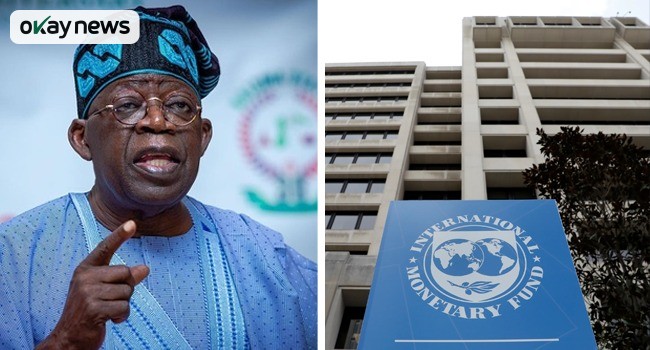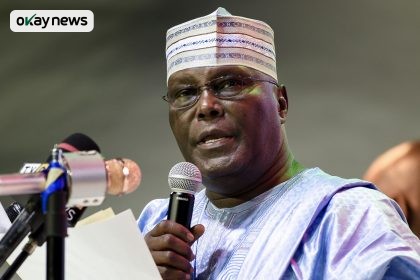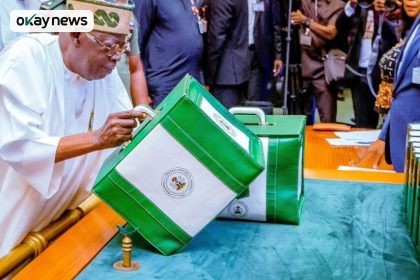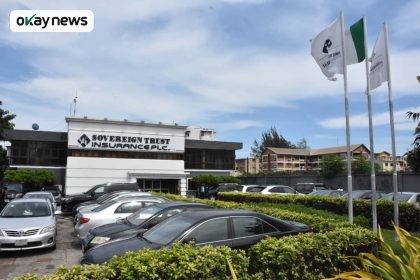The International Monetary Fund (IMF) and the Federal Government of Nigeria have commenced consultations in Abuja on the country’s reform agenda, medium-term outlook, and the upcoming 2026–2030 National Development Plan.
The meeting, held on Friday, brought together the IMF Assistant Director for Africa, Axel Schimmelpfennig, and Nigeria’s Minister of Budget and Economic Planning, Senator Abubakar Bagudu. It formed part of the IMF’s review mission to assess Nigeria’s fiscal direction and macroeconomic priorities ahead of its next Article IV report.
Schimmelpfennig commended Nigeria’s reform progress and said the Fund aims to understand how the country’s medium-term strategies align with its long-term growth objectives. He described Nigeria’s continued policy coherence during the pre-election period as a sign of institutional stability.
“We are interested in your outlook for the coming year and beyond, and how your national planning integrates into the next budget cycle,” he said. “What we see is a commitment to reform and policy consistency — evidence of institutional maturity.”
Responding, Bagudu reaffirmed Nigeria’s commitment to reforms anchored on discipline, inclusion, and transparency. He noted that President Bola Tinubu’s administration remains focused on achieving a $1 trillion economy by 2030 through coordinated planning and sustained reforms.
“Our economic strategy integrates fiscal discipline, data-driven planning, and collaboration across all levels of government,” he said. “The Renewed Hope Ward-Based Development Plan is designed to harness local economic potential for inclusive growth.”
The minister added that the new development plan will align federal, state, and local strategies into a unified national framework aimed at sustainable development.
Bagudu praised the IMF for its technical partnership, emphasizing that Nigeria’s engagement with the Fund is built on learning and innovation rather than dependency.







